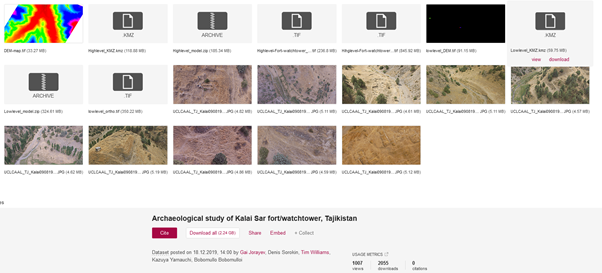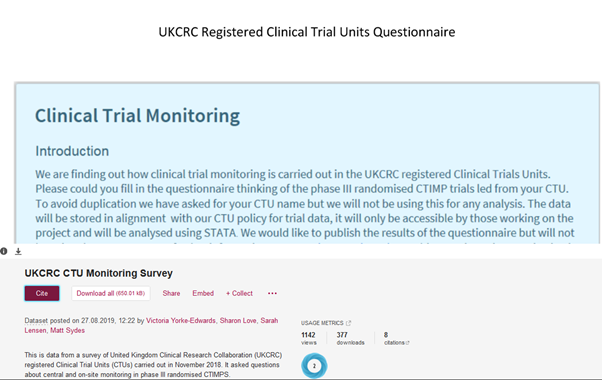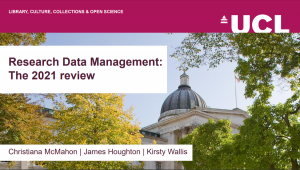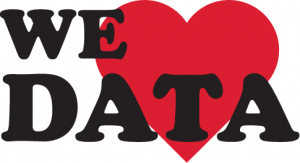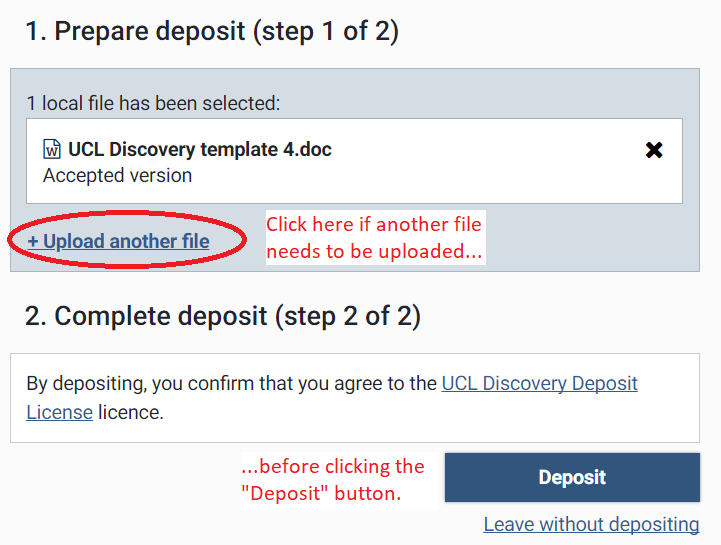Call for Contributions: How does citizen science change us?
By Kirsty, on 25 February 2022
Exploring the impacts on ‘citizens’, ‘researchers’, ‘policymakers’, and social action at the UCL Open Science Conference
6 April – Cruciform Building LT2, UCL Campus and Online
Citizen Science is the involvement of non-professionals in the creation of knowledge. It can be a powerful tool for amplifying researchers’ capacity to collect large amounts of data by involving thousands of people in research activities, for engaging non-professionals in research on major societal issues such as climate change, and for empowering communities to generate knowledge about their environments.
Whilst Citizen Science is a promising step forward for open science, it is not fully understood how Citizen Science has an impact on the policies and practices which shape the world we live in.
This event will focus on exploring the question of ‘impact’ from different perspectives. Recent research about the impact of citizen science projects tends to focus on how public ‘participation’ in scientific research enhances knowledge outcomes for projects, or enhances the scientific literacy of participating citizen scientists. The benefits to participating individuals and communities are often assumed, and very little literature examines the personal dilemmas and challenges that individuals negotiate, or how citizen science projects change the behaviour of policymakers.
We aim to explore these gaps by inviting different perspectives on the question “How does citizen science change us?” Discussions will examine how participation in citizen science projects impacts on the different individuals involved – the citizen scientists, academic researchers, community members, policymakers – and ask how impacts on individuals can translate into wider political, societal and organisational transformations.
The event is divided into an exhibition, a presentation session and a discussion session. These bring together citizen scientists, academic and applied researchers, policymakers and voluntary sector organisations/networks interested in the impacts of citizen science. Each are represented as speakers, moderators and attendees. Please see below for session breakdowns.
We invite UCL Citizen Science projects to participate in the exhibition and the presentations, and to put out a call through networks and partners to invite contributions from other projects. We welcome project representatives from inside and outside academia to participate.
Exhibition
We invite submissions for an online exhibition of photographs and visualisations which illustrate the impact of Citizen Science. Each submission should be accompanied by a short (250 word) text explaining the project and its impact, and any relevant links to project websites or other resources.
Impacts can be related to impacts on the individual (including Citizen Scientists, policy-makers, researchers etc.), the institution, and wider society.
These will be compiled into an online exhibition and resource bank about Citizen Science projects and their impacts. The exhibition website will include a comments box, so that virtual attendees can respond to the exhibition and to projects with their own visualisations and accompanying text, thereby building on the resource bank.
Presentations
We invite presenters to speak about the impacts of a Citizen Science project on any or all of the following: the individual (including Citizen Scientists, policy-makers, researchers etc.), the institution, wider society. Presenters are asked to describe:
- What the project was
- What the impact was
- How the impact was achieved/happened
Each presentation will last for 7 minutes. The session will end with a 25-minute Q&A with attendees. Slides with photographs or simple images are welcome!
To apply
To contribute to the exhibition, please email your photograph/visual in jpeg format, and your accompanying text as a Word document.
To present, please email with your name, role in the project, a 250-word statement about your project and the impact you will discuss.
Please email hannah.sender@ucl.ac.uk with your submissions by 14 March.
 Close
Close




